‘Reform civil war’ and ‘arise Sir Becks’
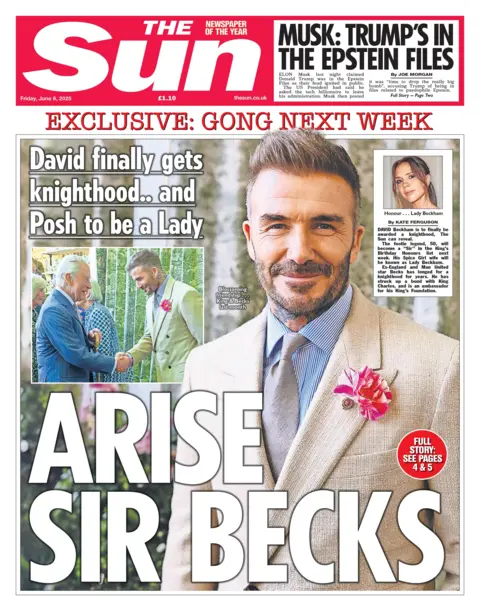
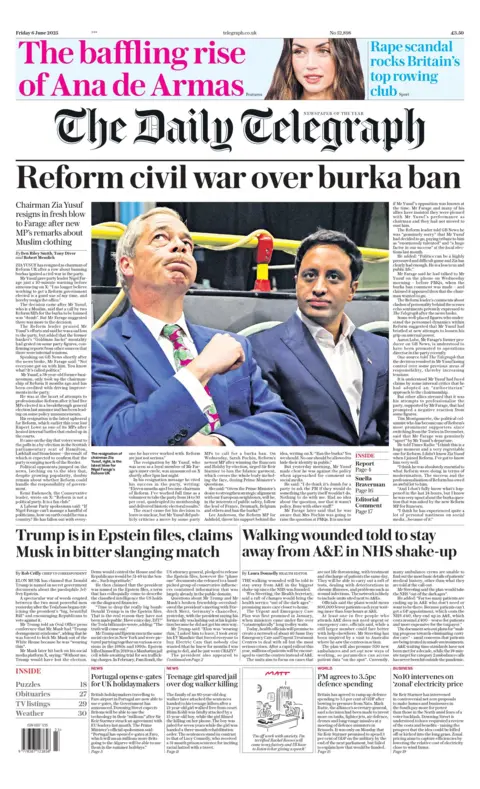

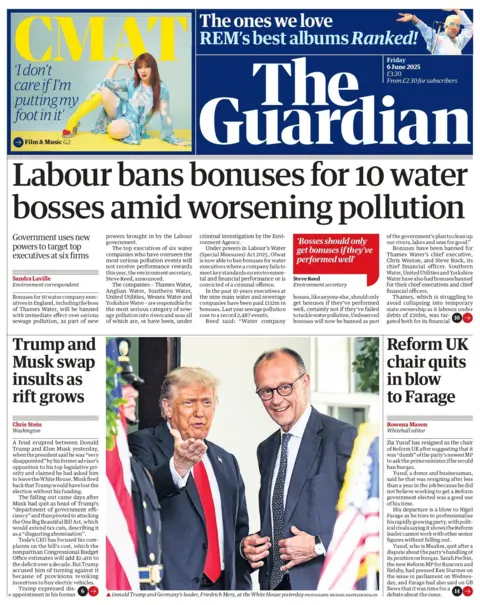
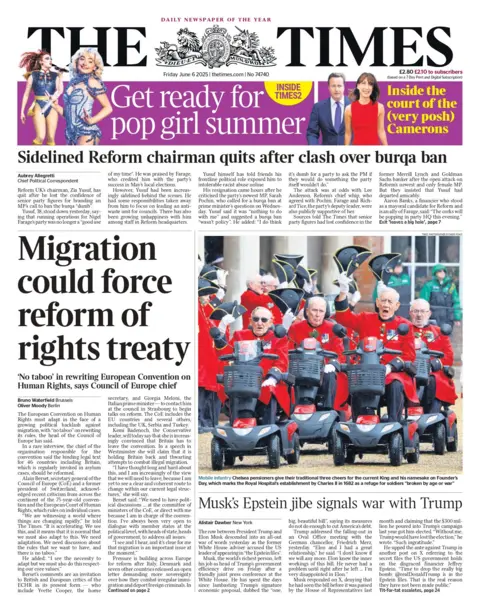
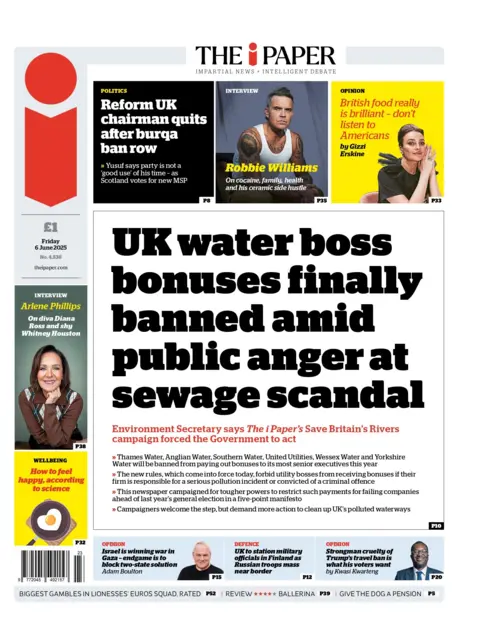






























In the spring of 1990, the chief executive’s office at British Rail received an urgent telephone call from the area manager at Newcastle upon Tyne saying there was a one-armed Scotsman wandering around the main signal box claiming to be BR’s new chairman and wanting to know how everything worked. Was it all right to tell him?
The man was Bob Reid, who had recently moved from Shell, where he was the UK chairman, and was now on the brink of a difficult five-year stint at BR that would end in a privatisation about which he had serious misgivings. His foray into the signal box, matched by an excursion into the drivers’ restroom at Waterloo, was typical of the man. Determined, impulsive and impatient to get things moving, he had a liking for human contact and an easy manner, regardless of rank.
The offer to take over BR had come in 1990. Reid, who has died aged 91, was not the first choice; rumour had it that 20 people had already turned it down. But he saw it as an opportunity to apply his skills to an inward-looking public sector organisation that had long been a concern to government and which faced major challenges with the forthcoming Channel tunnel rail link. Reid could not wait to get started, but he dismayed some of his new colleagues with a bullish joke that he was used to much bigger projects than those he faced at BR.
When he took over, the railways were improving, although the level of government subsidy remained controversial. Under his predecessor, a veteran railwayman confusingly also called Sir Robert Reid, steady improvements had been made, helped by a benign economic environment. The business had been reorganised into sectors, which proved a success, but the recession of the early 1990s now hit railway finances and Bob Reid failed to get government backing for BR’s proposed investments.
He left the running of the railway largely to his chief executive, John Welsby, and concentrated on projects such as the Channel tunnel, which the government had made a priority. BR favoured a route through south London that provided alternative options and would be linked to expensive new facilities. But the government, with Michael Heseltine promoting the regeneration of the Docklands area, opted for an east London route. Reid took the rebuff badly and some felt he might resign, but he remarked in an outburst that he immediately regretted: “When you are in the middle of a pantomime, you want to stay with it.”
When BR famously blamed “leaves on the line” and “the wrong kind of snow” for various delays, and when he failed to get his investment plans through, his lack of success began to invite questions about his competence in dealing with government. It was not helped when the transport minister, Malcolm Rifkind, described him as being “on a learning curve”.
Within the railways, Reid’s lack of appetite for detailed knowledge grated, and managers were reluctant to discuss problems for fear of receiving a diktat. But they respected his strong emphasis on safety, including his insistence that track maintenance supervisors must brief their gangs on safety every morning.
Reid’s difficulties multiplied when John Major’s new government decided to privatise the railways. That scenario had not been part of Reid’s original brief, and he was publicly critical of the detail. He forecast accurately that the complex division of the system would multiply bureaucracy, that profits would not be sufficiently reinvested, and that safety could be compromised. Some in BR hoped he would challenge the plan by resigning. But he argued that “managing large undertakings through the medium of government is a recipe for all sorts of problems. Even though I would have done it differently, getting BR into the private sector is the main thing.”
By 1995, at the end of his term, Reid could point to better financial performance (with expectations of a £400m-a-year profit for BR), an improvement in industrial relations that had seen just two days lost to strikes over his whole period in office, and improved productivity. But he had lost the strategic battles.
The son of Elizabeth (nee Paul), and William Reid, he was born in Cupar, Fife, where his life was transformed by a terrible accident when he was nine. Working in his father’s butcher’s shop one evening, he attempted to unstick a mincing machine and lost his right hand. He described the incident as “catastrophic” but insisted it only sharpened his desire to be part of the action. He learned to write with his left hand within a fortnight and became a formidable golfer with a handicap of four. “Making things happen is a state of mind,” he would say later. “The joy of leadership lies as much in overcoming setbacks as enjoying the rewards of success.”
Reid demonstrated his leadership during a career with Shell that he started in 1956 as a management trainee after studying politics, economics and history at St Andrews. He represented the university at golf and met his future wife, Joan Oram, there – they married in 1958. He also forged significant friendships with two aspiring politicians, Bob Horton, later chairman of BP and National Rail, and John MacGregor, who was appointed transport secretary while Reid was running BR.
His Shell career, largely focused on the “downstream” processing and marketing of oil, took him to Malaysia, Nigeria, Kenya and then back to Nigeria as managing director from 1970-74, before a similar job in Thailand and a posting in Australia as director of downstream oil. In 1983 he was brought back to London as coordinator for supply and marketing, becoming chairman and chief executive of Shell UK in 1985.
Reid, nicknamed “the one-armed bandit”, was admired for his energy and enthusiasm but never reached the committee of managing directors, as board level was known at Shell. His skills in dealing with people were deployed in what was largely a representational role, although it included responsibility for UK refining and the important North Sea operations. His experience of determinedly camping in the outer offices of Nigerian ministers when they refused to see him was judged to have helped him with the UK government.
Reid’s five years as chairman reinforced his reputation for energy, unstuffiness and charisma. He crusaded for proper management training (in the absence then of business schools), establishing the Foundation for Management Education and chairing the British Institute of Management (1988-90). With his sympathy for the arts (particularly music and opera) and a keen eye for public relations, he took Shell’s sponsorship in a new direction with backing for Bafta. At a time when Shell’s continuing activity in South Africa was under attack, Reid argued that the company could be part of change, and provided liberally managed employment that helped it to be seen in a different light.
He was knighted in 1990. On leaving BR he became chairman of the retail giant Sears Holdings, and later deputy governor of the Bank of Scotland. He was the first chancellor of Robert Gordon University in Aberdeen. Other chairmanships included London Electricity, Avis Europe and the International Petroleum Exchange.
Joan died in 2017. Reid is survived by their sons, Douglas, Paul and Michael.